Over the past 80 years, Vietnamese education has accompanied every historical turning point: from resistance war to peace , from subsidy to renovation, from domestic development to international integration. That journey shows the central role of education in shaping the country's future.
The 80-year journey of Vietnam’s education system is a journey rich in historical and humanistic significance. From the bamboo-thatched classrooms of the mass education movement to today’s aspirations for global, humane and liberal citizenship, education has always been the key to national development.
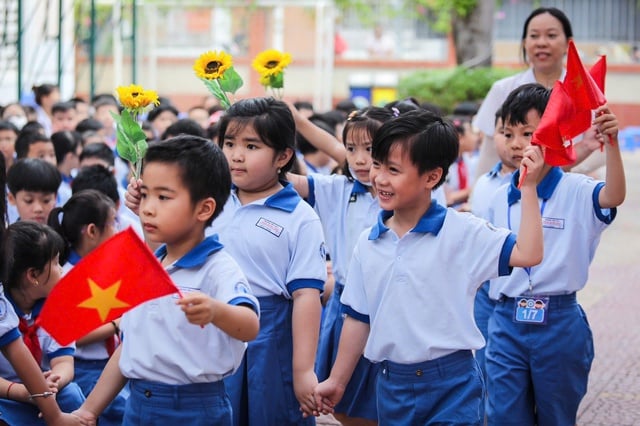
Education is always the key to national development.
PHOTO: NHAT THINH
FROM 95% OF THE POPULATION ILLITERATED TO OVER 98% OF CHILDREN GOING TO SCHOOL AT THE RIGHT AGE
From 95% of the population being illiterate in 1945, Vietnam has completed universal primary, secondary and 5-year-old preschool education. The rate of children attending school at the right age is over 98%. The policy of supporting education in remote, isolated and ethnic minority areas has contributed to narrowing the gap in access.
The quality of education in Vietnam is improving day by day. Vietnamese students continuously achieve high scores in international Olympiads (ranked in the top 10 participating countries) and PISA surveys. Many schools focus on critical thinking, life skills, creativity and digital transformation. The models of "happy schools" and "creative schools" are moving from slogans to practice.

Autonomy policy helps improve the quality of Vietnamese universities, expand research and global cooperation
PHOTO: DAO NGOC THACH
More and more Vietnamese universities are entering international rankings. Autonomy policies help improve quality, expand research, and global cooperation. Vocational education develops in the direction of dual training, closely linked with businesses, meeting new human resource requirements.
Standardization of teachers and administrators is increasingly emphasized. The 2019 Education Law requires standardization of teachers. Modular training is being widely implemented. The Law on Teachers (effective from January 1, 2026) will be an important foundation for improving staff capacity and innovating educational administration.
Vietnam's education is promoting digitalization, developing open science resources, and online learning. International cooperation in accreditation, student exchange, and diploma recognition is expanding. Vietnam aims to train global citizens while still preserving national identity.
The legal framework for education is increasingly improved. The Vietnamese National Assembly has issued many laws and legal documents related to the field of education and training such as the Law on Education, the Law on Higher Education, the Law on Vocational Education, the Law on Teachers, the resolution on exempting tuition fees for all public preschool and general education; the resolution on universal education for children aged 3-5 years old, etc.
CHALLENGES AHEAD
Vietnam's education has achieved many great achievements in training human resources to bring Vietnam's economy to rank 33rd in the world (by 2024). However, there are still many shortcomings and challenges in the context of globalization and the 4.0 Industrial Revolution.
The regional gap is still large. Although universalization has been achieved, the quality gap between urban and rural areas, remote and isolated areas is still large. Many schools lack teachers, equipment, and have difficulty accessing digital transformation.
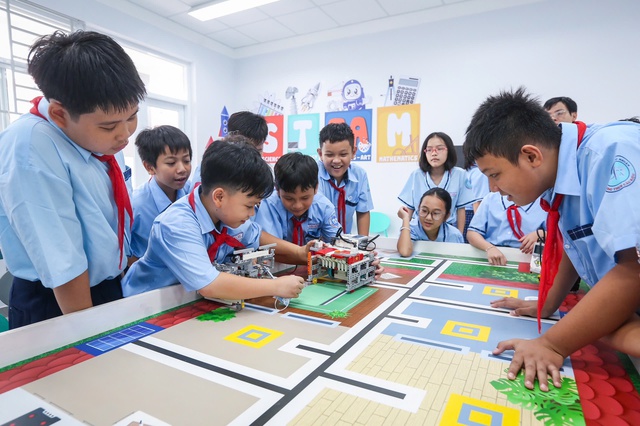
Integrating STEM into popular programs and activities in schools in Ho Chi Minh City
PHOTO: NHAT THINH
The pressure of studying and taking exams is still heavy. The new curriculum and textbooks still cause pressure due to insufficient resources in terms of facilities and staff. Extra teaching and learning is still common. It is necessary to continue adjusting the curriculum and investing to ensure teaching 2 sessions/day, innovating assessment and exams...
Education is not linked to the labor market. The unemployment rate among students is still high. Some training programs lack practical skills. The link between schools and businesses is still weak, especially at the local level.
Digital transformation is not yet synchronized. Many localities still lack technological infrastructure, and teachers and students have limited digital skills, affecting the quality of online teaching and learning.
In the context of globalization, Vietnamese education must improve quality and innovate to compete and retain talent. It is necessary to promote reform of university education management, vocational education, open learning materials, and international cooperation.
TOWARDS A STRONG VIETNAM FUTURE
80 years have passed, Vietnam is on track to 2045, the 100th anniversary of the country's founding. Education needs to continue to play a pioneering role.
We must aim to develop global citizens, equipped with modern knowledge, digital skills, critical and creative thinking, cultural competence and integration capacity.
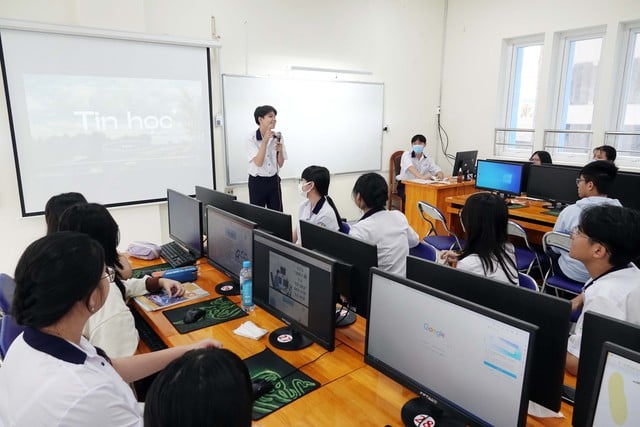
Vietnamese students reach their aspirations of global citizenship, equipped with modern knowledge, digital skills, critical and creative thinking
PHOTO: DAO NGOC THACH
Innovating the educational model towards interdisciplinary, interconnected, liberal, integrating artificial intelligence, big data, and personalized learning.
Besides, it is necessary to increase investment and socialization, ensuring a minimum budget of 20% for education; expand socialization but ensure fairness.
Prioritize education in disadvantaged areas, children with disabilities, ethnic minorities; promote gender equality and cultural diversity; and implement tuition exemption according to the roadmap. Effectively implement the policy of tuition exemption for preschool and primary school students and universal education for children aged 3-5, and universal primary and secondary education.
Vietnamese education in the future will absorb the quintessence of humanity but still preserve national ethics and culture.
As General Secretary To Lam has emphasized, the 100th anniversary of the founding of the country will be a great milestone. To realize that aspiration, education needs to go one step ahead, training a generation of young people with courage, intelligence, and a strong cultural identity, bringing Vietnam on par with the world powers.
80 years of development
Period 1945 - 1954: Enlightenment and eradication of illiteracy. Immediately after independence, the "Popular Education" movement was launched, helping millions of people escape illiteracy. In 1950, the first educational reform was implemented with the goal of training a generation of citizens to serve the resistance war and the people. General education was formed according to the 9-year system (4 - 3 - 2), including level I: 4 years, level II: 3 years and level III: 2 years.
Stage 1954 - 1975: Building the system, nurturing the national spirit. After the Geneva Agreement, the North carried out the second educational reform (1956), building a comprehensive socialist education. Education combined science and revolutionary ideals, linking theory with practice, school with society. The general education system was shaped according to the 10-year model (4 - 3 - 3).
In the South, the Republic of Vietnam regime developed an educational system based on the Western model.
Phase 1975 - 1986: Unification and expansion of national education . After the country's reunification, the key task was to unify education in the two regions. In 1979, the third educational reform was carried out, building new programs, textbooks, and a 12-year general education system (5 - 4 - 3). Education was expanded to rural areas, mountainous areas, and islands, aiming to reach all people. Vocational education and university education were gradually consolidated and expanded.
Period 1986 - 2013: Educational innovation in the process of national renewal. The 6th Congress (1986) opened a period of comprehensive innovation. Education took the lead in innovation: diversifying training types, opening public and private schools, joint training... In the 2000s, the educational program was reformed from high school to university. Establishing national and regional universities.
Period 2013 to present: Fundamental, comprehensive innovation and modernization of education. Implementing Resolution 29-NQ/TW, education has shifted from imparting knowledge to developing qualities and capacities. The 2018 general education program is an important milestone, demonstrating the trend of personalization and modernization of education. STEM, STEAM, digital education, happy school, and autonomous university education models are increasingly popular. Unifying an education system from preschool to university managed by the Ministry of Education and Training and completing the Education Law, Higher Education Law, and Vocational Education Law in 2025...
Source: https://thanhnien.vn/giao-duc-cung-kien-tao-va-phat-trien-dat-nuoc-185250827215734839.htm




![[Photo] Joy on the new Phong Chau bridge](https://vphoto.vietnam.vn/thumb/1200x675/vietnam/resource/IMAGE/2025/9/28/b00322b29c8043fbb8b6844fdd6c78ea)
![[Photo] The 4th meeting of the Inter-Parliamentary Cooperation Committee between the National Assembly of Vietnam and the State Duma of Russia](https://vphoto.vietnam.vn/thumb/1200x675/vietnam/resource/IMAGE/2025/9/28/9f9e84a38675449aa9c08b391e153183)

![[Photo] High-ranking delegation of the Russian State Duma visits President Ho Chi Minh's Mausoleum](https://vphoto.vietnam.vn/thumb/1200x675/vietnam/resource/IMAGE/2025/9/28/c6dfd505d79b460a93752e48882e8f7e)
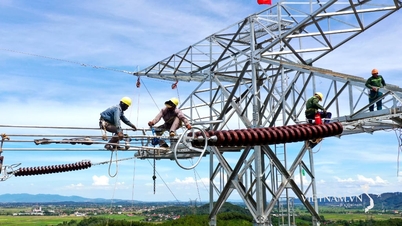









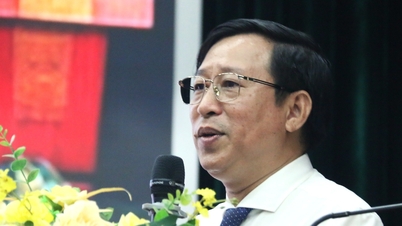


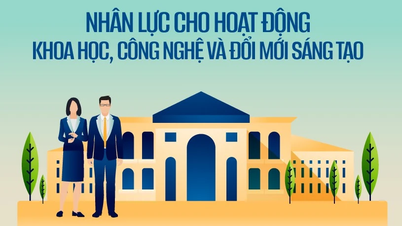







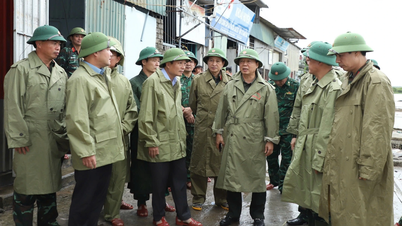
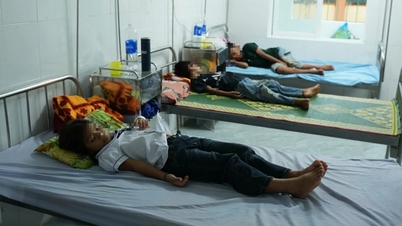

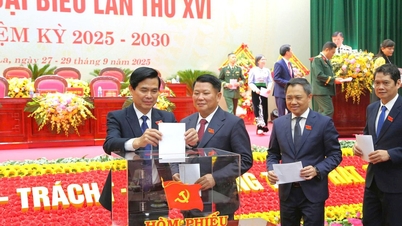



























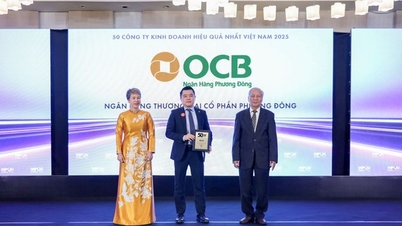















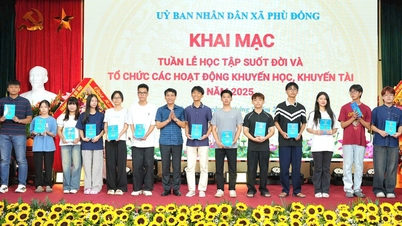
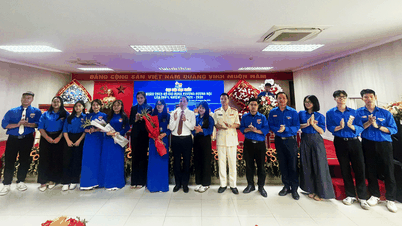
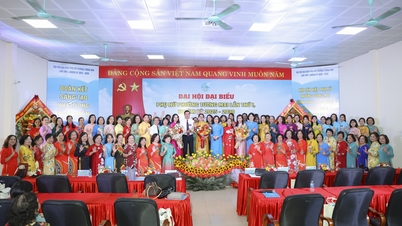












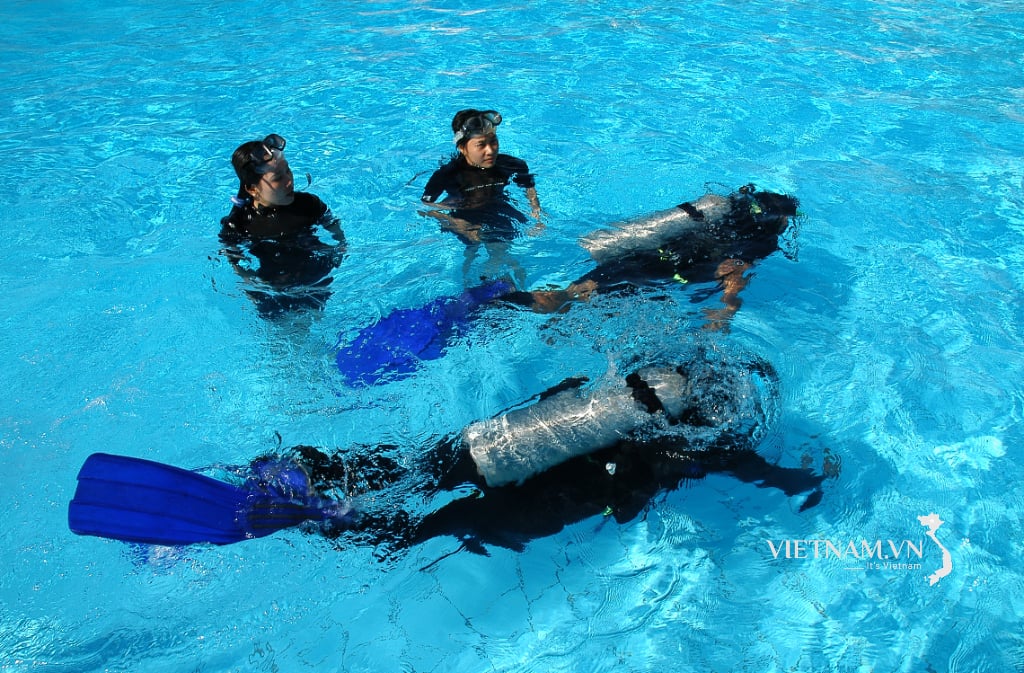


Comment (0)